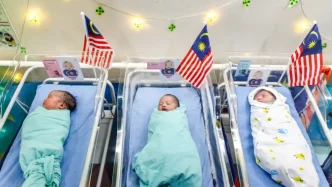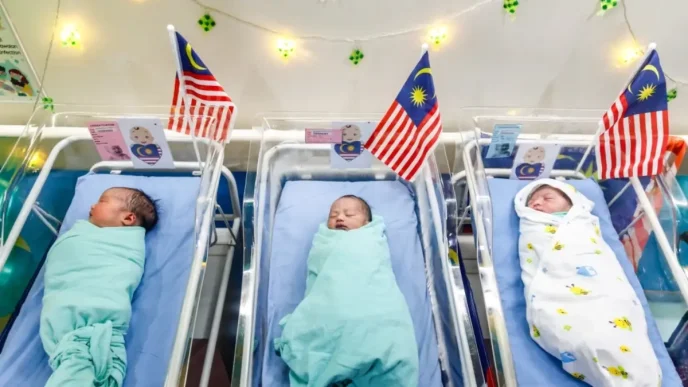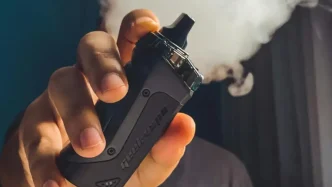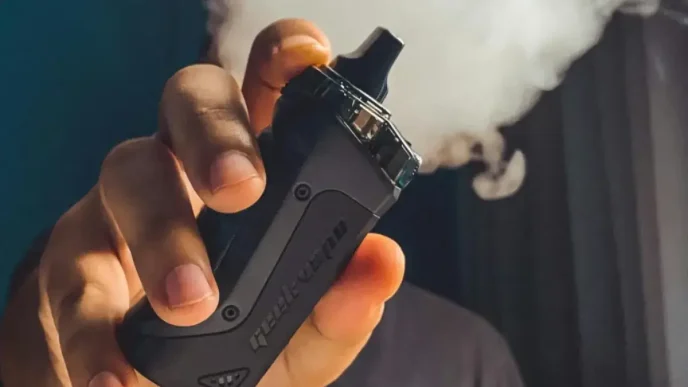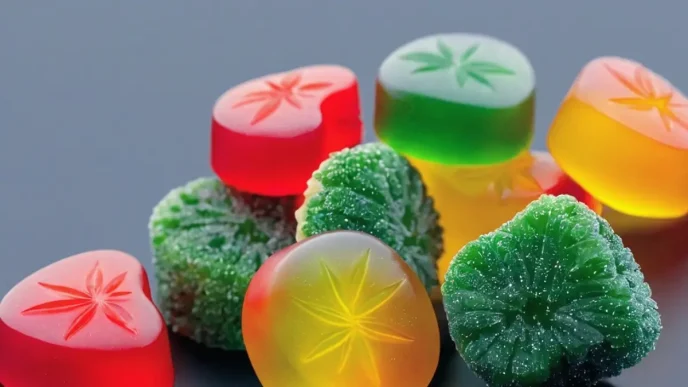In a landmark moment for international justice, former Philippine President Rodrigo Duterte has been taken into custody by the International Criminal Court (ICC) in The Hague, facing charges of crimes against humanity linked to his administration’s brutal war on drugs. The arrest, confirmed by the ICC after Duterte’s arrival at Rotterdam The Hague airport on 13 March, marks the first time an Asian former head of state has been charged by the court. It is a development that has sent shockwaves through the Philippines, reigniting debates over accountability, sovereignty, and the legacy of a campaign that rights groups estimate claimed tens of thousands of lives.
Duterte, 79, was arrested on a warrant issued by the ICC’s Pre-Trial Chamber I on 7 March, following an application by the Office of the Prosecutor in February. The charges centre on allegations of murder as a crime against humanity, with Duterte accused of being an “indirect co-perpetrator” in killings carried out between November 2011 and March 2019. This period spans his time as mayor of Davao City—where the so-called “Davao Death Squad” is alleged to have committed at least 19 murders under his command—and his presidency, during which police are accused of killing at least 24 individuals in various locations, according to ICC statements.
A Defiant Departure and a Divided Nation
Hours before his transfer to The Hague, Duterte addressed Filipinos in a video statement posted on social media, taking full responsibility for the actions of law enforcement and military during his tenure. “I am the one who led our law enforcement and military. I said that I will protect you, and I will be responsible for all of this,” he declared. This echoes sentiments he expressed during a November 2024 House hearing on the drug war, though his former legal counsel, Salvador Panelo, later clarified that Duterte meant he bore responsibility for the policy’s outcomes, not necessarily personal culpability for specific acts.
The former president’s arrest has polarised opinion in the Philippines, a country still grappling with the scars of his hardline anti-drug campaign. Supporters gathered outside the ICC detention centre in The Hague, waving Philippine flags and chanting for his return. “There has been no due process,” said Duds Quibin, a 50-year-old caregiver, to AFP. “This is kidnapping. They just put him on a plane and brought him here.” At home, Vice President Sara Duterte, his daughter, denounced the transfer as “oppression and persecution,” claiming her father was forcibly taken.
Conversely, victims’ families and human rights advocates have hailed the arrest as a long-overdue step towards justice. At a church in Manila, families of those killed in the drug war gathered to voice their relief. “Duterte is fortunate, there’s due process for him. There was no due process for my son,” said Emily Soriano, whose son Angelito was among the casualties. Her words reflect a broader sentiment among critics who argue that the extrajudicial killings under Duterte’s watch—often targeting suspected drug users and dealers without trial—represented a grave violation of human rights.
UN Human Rights Chief Volker Turk echoed this perspective, describing the arrest as “a very important step towards seeking accountability for the thousands of victims of killings.” Yet not all international reactions were supportive. China, a key ally of the Philippines under Duterte’s presidency, criticised the ICC’s move, warning against “politicisation” and “double standards” in the case.
Legal Proceedings and Political Fallout
Duterte is now detained at the ICC’s facility near the North Sea coast, where he has access to a private cell equipped with a computer to prepare his defence. An initial court appearance is expected in the coming days, during which the court will confirm his identity, ensure he understands the charges, and inform him of his rights under the Rome Statute, the ICC’s founding treaty. A subsequent hearing will follow to further outline the legal process.
The charges against Duterte are grave. The ICC alleges “reasonable grounds” to hold him accountable for murder as a crime against humanity, alongside accusations of torture and rape during the anti-drug campaign. The court’s focus on his role as an “indirect co-perpetrator” suggests prosecutors will argue that, while Duterte may not have personally committed the acts, he created and endorsed policies that enabled widespread violence. This legal framing could set a significant precedent for holding leaders accountable for systemic abuses.
Back in the Philippines, Duterte’s arrest has deepened an already fractious political landscape. His family’s alliance with President Ferdinand Marcos Jr, forged during the 2022 elections when Sara Duterte ran as Marcos’s vice-presidential candidate, has since crumbled. Sara now faces a Senate trial over corruption charges and an alleged assassination plot against Marcos, further complicating the political dynamics. The arrest of her father is likely to intensify this rift, with analysts suggesting it could galvanise Duterte loyalists ahead of future elections while emboldening Marcos’s administration to distance itself from the controversial drug war legacy.
A Legacy of Blood and Populism
Duterte’s presidency, which spanned 2016 to 2022, was defined by a populist strongman image and a relentless focus on crime reduction through extrajudicial means. His war on drugs, launched with promises to protect Filipinos from the scourge of narcotics, quickly became synonymous with summary executions, night-time raids, and a culture of impunity for law enforcement. While official figures cite around 6,000 deaths in police operations, human rights groups estimate the true toll could be as high as 30,000 when including vigilante killings tacitly encouraged by Duterte’s rhetoric.
As mayor of Davao City for over two decades before his presidency, Duterte cultivated a reputation for ruthless governance, with allegations of death squads operating under his watch. The ICC’s reference to at least 19 murders attributed to the “Davao Death Squad” indicates that his pre-presidential record will also be under scrutiny, potentially broadening the scope of the case.
Despite the violence, Duterte remains a potent political force in the Philippines. His unapologetic style and promises of security resonated with millions who felt neglected by previous administrations. Even as he faces international prosecution, his popularity endures among significant segments of the population, particularly in rural and working-class communities. This enduring support poses a challenge for both the ICC and the Marcos administration, as any perceived overreach could trigger a backlash.
International Implications and the ICC’s Role
The arrest of Rodrigo Duterte is not just a Philippine story—it is a test of the ICC’s relevance and reach in an era of increasing scepticism towards international institutions. ICC Chief Prosecutor Karim Khan defended the court’s decision, asserting that the arrest demonstrates “international law is not as weak as some may think.” Yet the court faces criticism for selective enforcement, with some Asian and African nations arguing it disproportionately targets leaders from the Global South while ignoring abuses by powerful Western states.
For the Philippines, the case raises questions about sovereignty and the legacy of Duterte’s decision to withdraw from the ICC in 2019, a move prompted by the court’s initial investigation into his drug war. Although the withdrawal took effect, the ICC maintains jurisdiction over crimes committed while the Philippines was a member state, a legal nuance that has allowed the case to proceed. The cooperation of Philippine authorities in facilitating Duterte’s transfer—acknowledged by ICC Registrar Osvaldo Zavala Giler—suggests a pragmatic shift under Marcos, who has sought to repair ties with Western partners after Duterte’s pivot towards China.
Looking Ahead: Justice or Division?
As Duterte prepares to face the ICC, the road to accountability remains uncertain. If convicted, he could become a symbol of international justice prevailing over impunity. However, a prolonged trial or perceived bias in the proceedings risks further polarising the Philippines, where emotions around his legacy run deep. For victims’ families, the arrest offers a glimmer of hope for closure, but for his supporters, it is a betrayal of a leader who, in their view, prioritised their safety.
Beyond the courtroom, the case underscores broader challenges in addressing systemic violence and human rights abuses in democratic societies. Duterte’s policies, while extreme, were rooted in public frustration with crime and corruption—issues that persist under Marcos’s leadership. Without addressing these underlying grievances, the cycle of populism and repression may continue, regardless of the ICC’s verdict.
For now, the eyes of the world are on The Hague, where a former president’s fate will be decided, and with it, perhaps, a new chapter in the Philippines’ turbulent journey towards justice and reconciliation.









